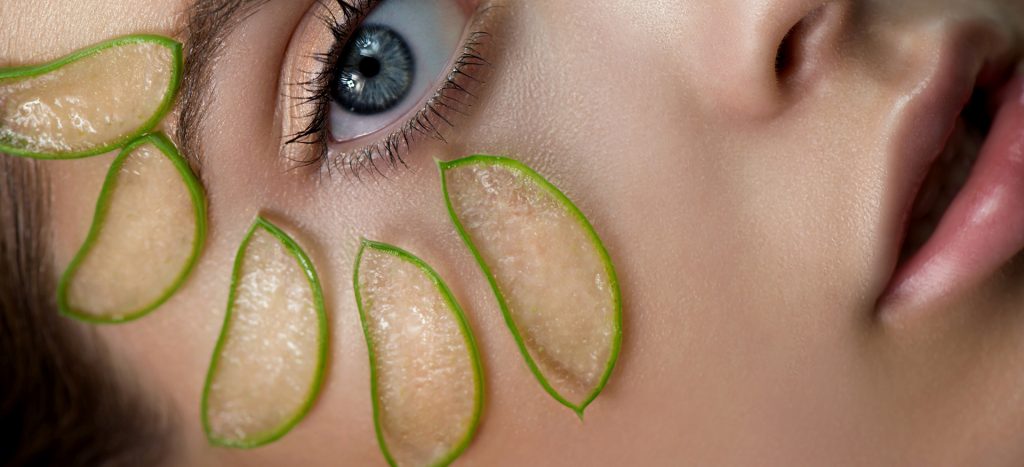

In Ayurvedic skincare, the focus is on nourishing the skin from the inside out, through a healthy diet and lifestyle, as well as from the outside in, through the use of natural skincare products and practices. Ayurvedic skincare typically involves the use of herbs, oils, and other natural ingredients to cleanse, exfoliate, and moisturize the skin.
The foods you eat can have a profound impact on the health and appearance of your skin. Eating a diet that is rich in whole, unprocessed foods such as fruits, vegetables, whole grains, and lean proteins can provide your body with the nutrients it needs to maintain healthy skin. Some of the most important nutrients for skin health include:

Your skin needs water to stay hydrated and healthy, so it is important to drink plenty of fluids throughout the day. Aim to drink at least eight glasses of water per day, and consider adding in other hydrating beverages such as herbal tea or coconut water. You can also increase your intake of water-rich foods such as cucumber, watermelon, and celery.


Sleep is essential for overall health and wellbeing, and it is also crucial for healthy skin. When you sleep, your body has a chance to repair and regenerate, which can help to keep your skin looking and feeling its best. Aim to get at least seven to eight hours of sleep per night, and try to establish a consistent sleep routine to help your body get into a natural rhythm.


Chronic stress can take a toll on your physical and mental health, and it can also contribute to a wide range of skin problems such as acne, eczema, and psoriasis. To help manage stress, try incorporating relaxation techniques such as yoga, meditation, or deep breathing into your daily routine. You can also try taking a relaxing bath, going for a walk in nature, or engaging in a creative hobby to help reduce stress and promote a sense of calm.


Regular exercise is essential for maintaining good overall health, and it can also have a positive impact on the health and appearance of your skin. Exercise helps to increase circulation and oxygenation throughout the body, which can help to nourish your skin from the inside out. Aim to get at least 30 minutes of moderate-intensity exercise most days of the week, and consider incorporating strength training exercises to help build and maintain muscle mass.


Exposure to environmental toxins such as pollution, cigarette smoke, and UV radiation can all contribute to skin damage and premature aging. To help protect your skin, try to limit your exposure to these toxins as much as possible. This might mean wearing.


In conclusion, taking care of your skin requires more than just topical treatments. Nourishing your skin from the inside out involves adopting healthy habits and eating a balanced diet that provides your body with the nutrients it needs to support healthy skin. By staying hydrated, consuming foods rich in antioxidants, getting enough sleep, limiting alcohol and caffeine, and managing stress, you can promote healthy, glowing skin that radiates from the inside out. By making these small changes, you can achieve a healthy, vibrant complexion and overall well-being.